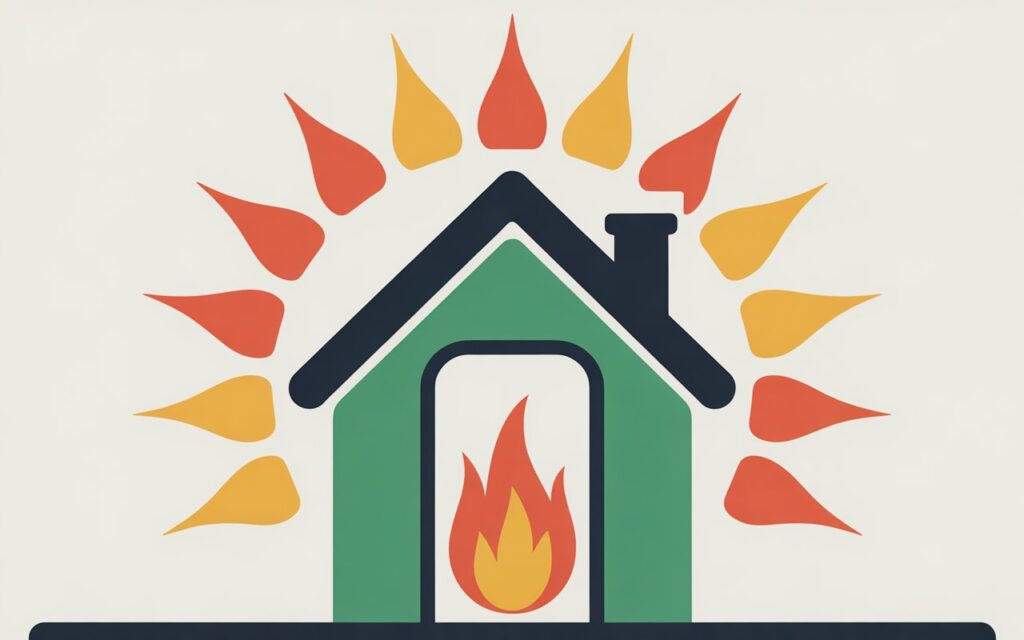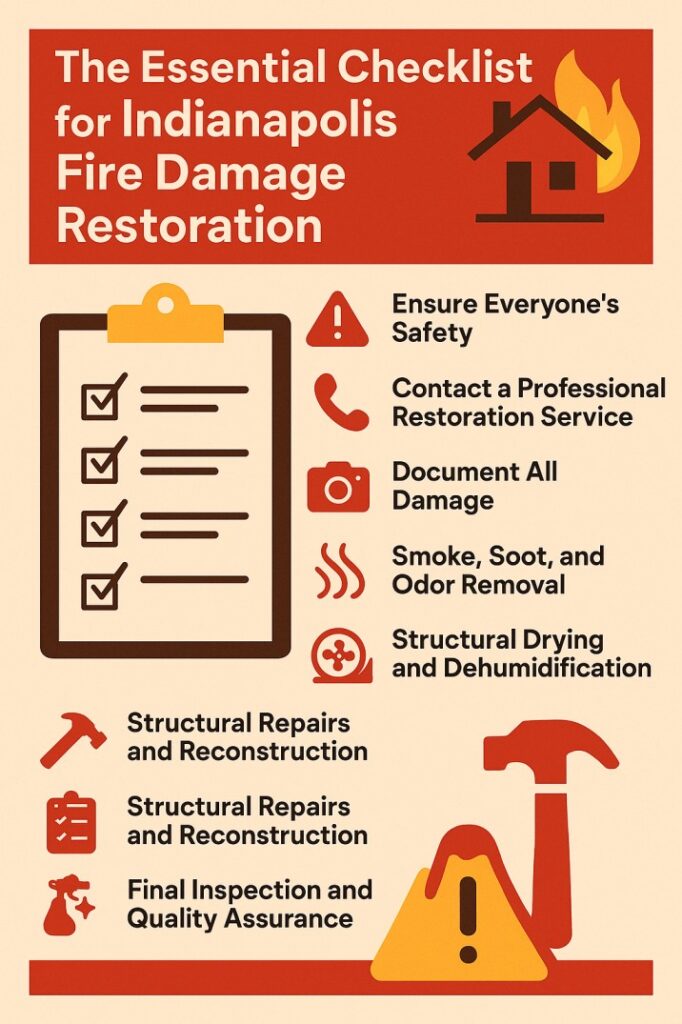As life expectancy continues to rise in the UAE, the healthcare system faces a growing responsibility to support aging individuals through every phase of life. Among the most essential yet often overlooked components of this support is palliative care. While the concept of extending life has long been central to medical practice, the focus is gradually shifting towards enhancing the quality of life, especially in elderly care in UAE(رعاية المسنين في الإمارات العربية المتحدة). Palliative care plays a vital role in this, offering comfort, dignity, and compassionate support to seniors dealing with chronic illnesses, serious health conditions, or the final stages of life.
This blog explores the importance of palliative care for the elderly in the UAE, current initiatives and challenges, and how the system can evolve to meet growing demand with sensitivity and effectiveness.
Understanding Palliative Care
Palliative care is specialized medical care for individuals living with serious illnesses, such as cancer, advanced heart disease, chronic respiratory conditions, or neurological disorders. Its goal is not to cure the illness but to alleviate symptoms, manage pain, and provide emotional and spiritual support to patients and their families.
Unlike hospice care, which is typically reserved for the final months of life, palliative care can be introduced at any stage of a serious illness and can be provided alongside curative treatments. For elderly patients, this form of care is particularly valuable, as it addresses not just physical needs but also psychological, social, and existential challenges that arise with aging and illness.
The Rising Demand in the UAE
The UAE is witnessing a demographic shift as the proportion of elderly residents steadily increases. Government statistics suggest that by 2030, the number of Emiratis aged 60 and above will more than double. Simultaneously, an increasing number of expatriate retirees are choosing to remain in the country, attracted by the lifestyle, healthcare infrastructure, and newly introduced retirement visa schemes.
This aging population inevitably brings with it a rise in chronic illnesses and complex health needs. In this context, palliative care becomes essential to ensure that elderly patients are not only medically attended to but are also treated with empathy and dignity during the most vulnerable periods of their lives.
Current Landscape of Palliative Care in the UAE
The UAE has made notable strides in integrating palliative care into its healthcare system, although the service remains in its early stages compared to Western countries.
1. Hospital-Based Palliative Care
Major hospitals in Abu Dhabi and Dubai have begun to incorporate palliative care units and multidisciplinary teams. For instance, the Cleveland Clinic Abu Dhabi and Tawam Hospital in Al Ain offer specialized care plans for patients in advanced stages of illness.
2. Home-Based Palliative Care
With the growth of home healthcare services in the UAE, palliative care is increasingly being delivered at home, allowing patients to remain in familiar surroundings. This approach reduces hospital readmissions and enhances emotional well-being.
3. Public Awareness
Awareness campaigns and educational workshops are being held to inform the public about the benefits and nature of palliative care. However, misconceptions still persist, often equating palliative care with giving up on treatment.
The Role of Culture and Religion
Cultural and religious values play a central role in shaping attitudes toward end-of-life care in the UAE. Islamic teachings emphasize compassion, dignity, and the importance of family in caregiving, aligning well with the principles of palliative care.
However, the decision-making process around palliative care can be complicated by a reluctance to discuss death openly, emotional strain within families, or unrealistic expectations regarding medical interventions. Culturally competent palliative care providers must be trained to navigate these sensitivities while respecting patient and family preferences.
Challenges in Expanding Palliative Care
Despite progress, several challenges remain in mainstreaming palliative care for the elderly in the UAE:
-
Limited Trained Professionals: There is a shortage of healthcare workers trained specifically in palliative care. Most doctors and nurses receive minimal exposure to palliative principles during their training.
-
Lack of Standardized Guidelines: While some hospitals follow best practices, there is no unified national framework governing palliative care delivery.
-
Healthcare System Focused on Acute Care: The current model is heavily tilted toward curative and interventional medicine, often overlooking quality-of-life considerations.
-
Emotional Burnout for Families: Family caregivers often bear the emotional and physical brunt of care without adequate psychological or social support systems in place.
Recommendations for a Holistic Approach
To ensure effective and compassionate palliative care as part of elderly care in UAE, a multifaceted approach is necessary:
1. Education and Training
Integrate palliative care modules into medical and nursing curricula. Offer continuous professional development courses for existing healthcare providers, including home nurses and general practitioners.
2. National Guidelines
Establish comprehensive national standards for palliative care, covering both hospital and home-based services. These should be culturally adaptable and patient-centered.
3. Multidisciplinary Teams
Create integrated care teams involving physicians, nurses, psychologists, social workers, and spiritual counselors to offer holistic support to patients and families.
4. Public Awareness Campaigns
Launch targeted campaigns to demystify palliative care and encourage early engagement. Use both traditional media and digital platforms to reach diverse demographic groups.
5. Support for Caregivers
Develop respite care programs, counseling services, and financial support mechanisms for family caregivers who are vital to the success of home-based palliative care.
Conclusion
As the UAE builds a future-oriented, compassionate healthcare system, palliative care must be positioned as a core component of elderly care in UAE. It is not merely about managing pain or illness—it is about upholding the dignity, comfort, and emotional well-being of individuals in the final chapters of their lives.
By investing in training, public education, and integrated care models, the UAE can become a regional leader in palliative care, setting a standard for how societies honor and support their aging populations. Ultimately, a commitment to palliative care is a commitment to humanity, empathy, and respect—values that form the foundation of any truly advanced and inclusive healthcare system.









